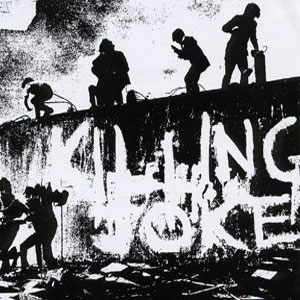
One of the earliest explicitly political punk bands from California, the Dils in their short lifespan had an impact on the developing punk scenes in both L.A. and San Francisco before splitting in 1980. Despite being very obvious about their world views the Dils did not deliver their message overtop overtly hard-hitting material as one might expect from a political punk band. Instead their material has a strong pop songwriting sensibility, however the vocal delivery remains very much in-your-face, so the attitude prevents them from falling into new wave territory. The Dils are like a more political version of other bands of the time like fellow Californians the Weirdos, the Zeros, and the Urinals or across the country in Boston (Nervous Eaters, DMZ, La Peste).

Much of the early first-wave punk bands who were political instead of arty were usually too ambiguous, nihilistic or inarticulate in their outspokenness, but with the Dils you can hear the early rumblings of a much more focused and progressive political agenda in punk that would later fully develop in the hardcore movement. This comp from 1991 is the best place to start with this band, as everyone from early punk icons like DOA and Dead Kennedys to more modern bands like Dillinger Four have cited the Dils as an obscure but strong influence. This compilation is the best place to go for this band, as it compiles all of their singles and studio tracks such as the terrific "I Hate the Rich" and "Class War" plus a great live set featuring some great songs the band weren't able to record before breaking up and a rip through the Velvet Underground's "What Goes On" as well.























